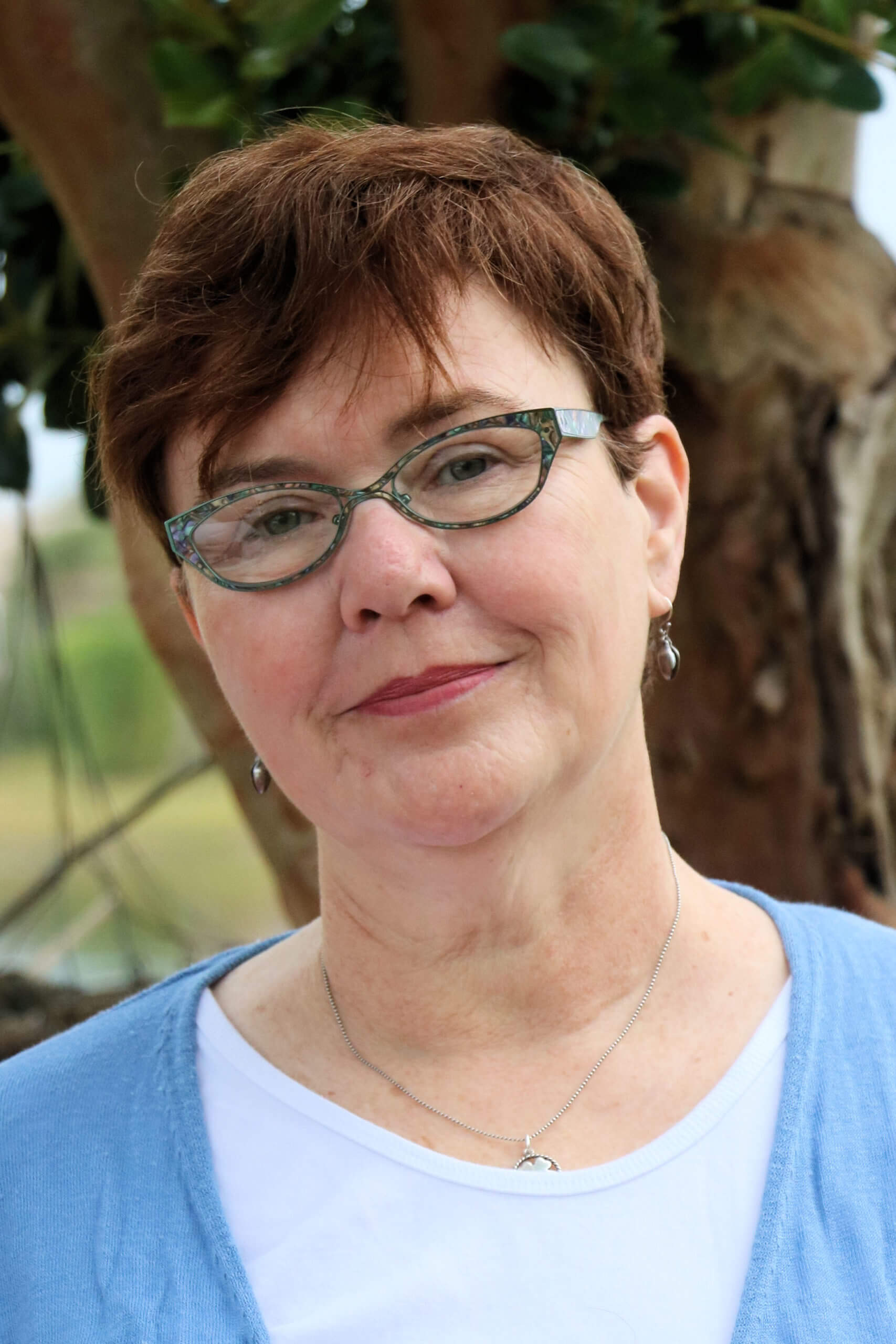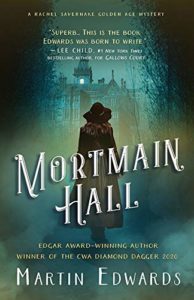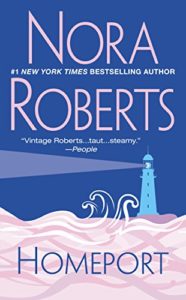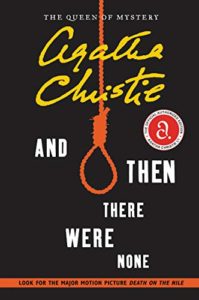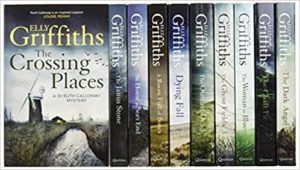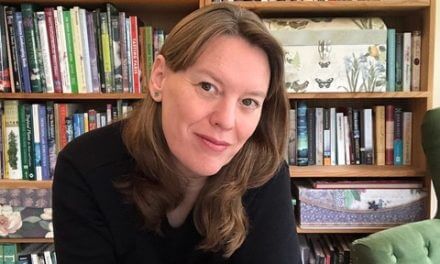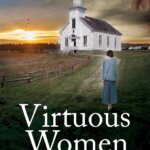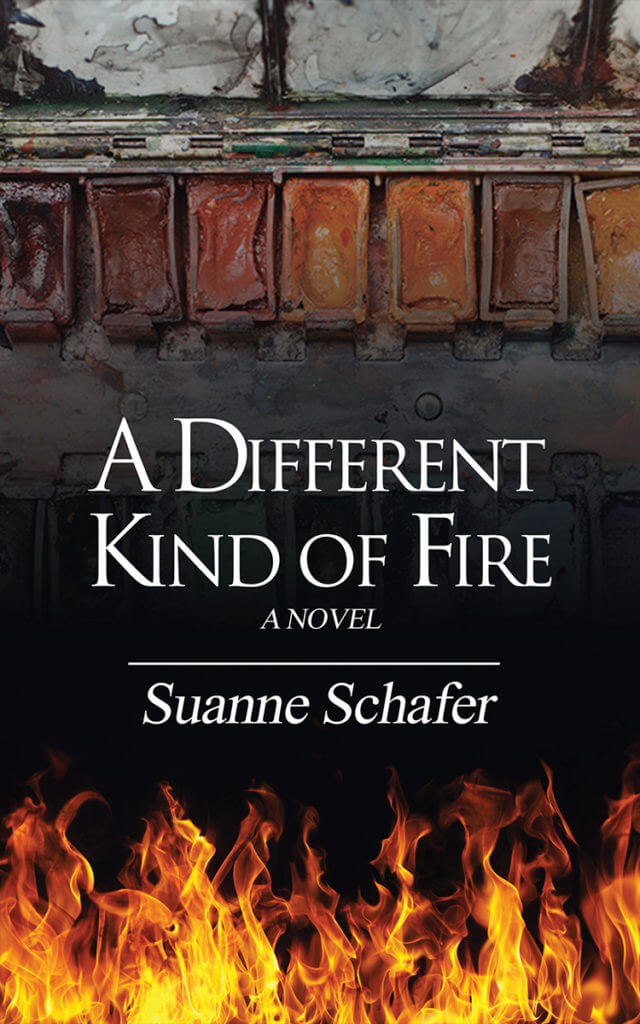M.E. is currently a full-time librarian who started out in retail merchandising. Her first job was as an assistant buyer at Lord & Taylor, where her glamour position involved office space in the basement of the Fifth Avenue store. After twelve years of mergers, consolidations, and moves around the country, she went to graduate school and got a Master of Library Science degree. She has been in the information business ever since, working for public libraries small and large. Originally from the Connecticut shoreline, she has never lost her love of quaint small towns, big cities, and fashion, so she indulges that in her writing. A life-long lover of mystery fiction, M.E. currently lives and works in Florida.
SS: Have you always been driven to write, M.E.? Or did you begin writing in response to a particular stimulus?
M.E.: I’ve always been a reader, so writing came more easily to me. I figured that out as a kid. I learned that I could entertain people with short things I wrote. As someone who is shy and nerdy, it was an easier way to connect. I’ve always entertained myself by making up stories, but it wasn’t until I was an adult that I started trying to write a book. And I didn’t get serious about that until I had a break from working full-time after a move. So I guess you could say that in my mind, I’ve been a writer since childhood. Figuring out the mechanics of getting something book-length done took a while.
SS: Writing is undoubtedly a lonely occupation. John Green (The Fault in Our Stars) says writing is a profession for introverts who want to tell you a story but don’t want to make eye contact while doing it. P. D. James (Cover Her Face) says it’s essential for writers to enjoy their own company. Do you see yourself along those lines? Are you a natural loner?
M.E.: I would agree with all of that. I’m essentially an introvert. I can work with people, make presentations, or be social, but it tires me out. I need a nap afterward! I enjoy some social interaction, but most days I’m fine on my own. Of course, as a writer, I’ve always got the voices in my head for company.
SS: Do you have a day job? If so, is it a distraction, or does it add another element to your writing?
M.E.: I do—I’m a librarian. It leaves me less time to write, but I’m surrounded by books and book-related things all day. Since my protagonist is also a librarian, it gives me more ideas for titles to use as clues, and for events that can move the plot along.
SS: When you are creating a story, do you avoid reading books in the same vein so as not to be influenced by others, or do you seek out all possible variations for maximum inspiration?
M.E.: I read a lot of mysteries, and I watch a lot of mysteries, and I always have. So I’ve been influenced by others, especially the Golden Age writers. I try to find a new twist on the standard mystery elements. I can’t say I seek out variations—I pick up whatever sounds interesting. This is both a benefit and a job-related hazard of being a librarian. There’s always something new to take a look at.
SS: What would a fly on the wall see if he watched you while you are writing?
M.E.: A lot of procrastination. Me sitting down to write is like a toddler trying to avoid bedtime. I do pretty well once I get started, but it’s getting to that point that’s hard.
SS: Do you setting daily writing goals? If so, what are they? How do you deal with failure to meet these goals?
M.E.: I set word count goals, and they vary. If I have a whole day at home and I’m on deadline, 1500. If I’ve got some time, 1000. If I only have an hour or two, writing sprints, with a goal of 300-500. It took me a while to figure out what I could do in a certain time. And there are some days I’m just stuck in terms of plot, and after a certain amount of time I decide I’m done. There’s a point at which spending time thinking it through is more productive.
SS: Do you hide any secrets in your books that only a few people will find?
M.E.: When I have an idea for a book, I will look for titles in the same vein to use as clues. Avid mystery readers may pick up on that, but for others it’s all part of the library setting. I like to include Easter eggs. I just finished book two of the Greer Hogan mysteries, Shadow in the Glass, and I named the family attorney after a lawyer that makes several appearances in Midsomer Murders. It makes it more fun for both writer and reader.
SS: Who is the protagonist in your most recent work? Describe him/her in ten words or less.
M.E.: Greer Hogan: forty, smart, martini-drinking librarian. Husband was murdered. She’s got issues.
SS: At what point did you come up with the title? Did your publisher change it?
M.E.: I came up with it before I started writing, while I was still spinning the story out in my head. Then I worked some of the imagery and backstory around it. The publisher asked for other options but decided pretty quickly to stick with The Unkindness of Ravens. For the second book, they liked the working title well enough, but asked for a list of options. None of those worked, so they asked for a couple more, with the default being the working title. I tossed out some more, all variations on the same theme, and they went with the last thing I came up with. You never know.
SS: What advice would you give aspiring writers?
M.E.: Read a lot, and in more than one genre. Write the best book you can, and write your book before you spend time writing blog posts or social media or whatever. Early on, go to workshops whenever you can afford to and learn from the lectures and critiques. When you’ve got a finished product, go to conferences where you can get critiques on your work AND on your pitch. Keep practicing and keep pitching.
SS: Is one of the points of crime fiction to suggest that we might all be capable of more than we care to admit?
M.E.: That’s my theory. I like to explore what makes ordinary people commit crimes. What switch gets flipped that turns someone into a murderer? There may be commonalities but I think it’s a little different for everyone. Put together all the right variables and your next door neighbor morphs into an axe murderer.
SS: In traditional puzzle mysteries like Agatha Christie’s, the detective’s role is to restore order to a community after a crime has disrupted the status quo. The detective must arrange clues to unveil the culprit, thus returning the world to an orderly state. These stories enthrall us, but the problem is that they rarely describe what we experience in life, which leaves the writer with a dilemma. Do you aim to satisfy the reader or reflect the real world?
M.E.: Satisfy the reader. I read to escape from the real world, and so do many others. If they’re willing to spend their money on my book, or even pick it out at the library, they deserve to be entertained. They get all the clues and they get to play detective. It’s an uncertain world, and it’s nice to get away to a place where you can see order restored.
LIGHTNING ROUND:
SS: Describe your books in 3 words: Smart, edgy, fun
SS: Favorite thing about your genre? Solving the puzzle
SS: Another genre that you would love to write: Rom-com
SS: When writing, are you a night owl or morning person? Morning, but not too early
SS: Pantser or Plotter? Pantser
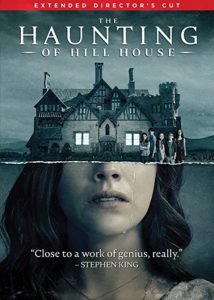
SS: Your favorite guilty pleasure: chocolate
SS: Number one book boyfriend or girlfriend is: Ryan Boldari in Homeport by Nora Roberts
SS: Your favorite villain or serial killer is: Judge Wargrave in Christie’s And Then There Were None
SS: Your favorite detective or spy protagonist is: Elly Griffith’s Dr. Ruth Galloway mystery series
SS: What is your favorite thriller or mystery movie? The Haunting of Hill House, the movie based on the Shirley Jackson book (that might lean more toward horror or suspense, but I’m a sucker for a haunted house!)
********************
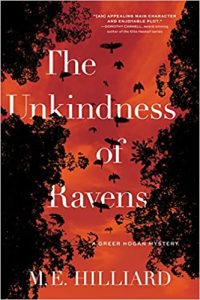
********************
An excerpt from The Unkindness of Ravens:
When I arrived for my job interview at the Raven Hill Public Library, I spent a few minutes staring at the building in awe. It had such a gothic, Jane Eyre feel that I expected to see the first Mrs. Rochester glaring at me from an upstairs window. I knew that Raven Hill Manor had been deeded to the village for use as a library decades ago by the last of the Ravenscroft family. Early settlers in the area around Albany, each generation of gentleman farmers and merchants had increased the family fortunes and homestead. The result was a brooding exterior that greeted new arrivals with some suspicion. The resident ravens were icing on the cake. Now that I had one successful job interview and six months of employment behind me, I thought of it as my home away from home.
The interior of the manor was like any old house, with inefficient heating and temperamental wiring, and inexplicable noises that echoed through its high-ceilinged rooms. Nonetheless, it retained an air of shabby gentility. Retrofitting the place as a library had resulted in odd nooks and crannies and strangely repurposed artifacts. Some village residents found this outdated and irritating, while others felt it had a quirky charm. I was in the latter camp. The place was full of small mysteries and historical oddities. Nothing was as it first seemed in Raven Hill Manor, and I loved that.
It was the first sunny day in an exceptionally rainy spring, and I took advantage by having lunch on the roof terrace. I used the old servants’ stairs, working my way up and away from the busy Reading Room into the areas used only by the staff. I ran my hand along the woodwork, not for balance but because I loved the way it always warmed and hummed beneath my hand. Not today, though. Today it remained cool beneath my fingertips. I felt no happy hum. The place was unnaturally still. No dust motes danced in the watery sunlight. The expectant silence was broken only by the occasional protesting squeak from the wooden floor beneath my feet.
By the time I reached the small anteroom that lead to the attic stairs, I heard nothing but my own labored breathing. Vowing to get more exercise now that spring had finally arrived, I stopped to catch my breath. I turned the knob of the final door. It stuck. Thinking the wood must have swollen from all the wet weather, I braced myself and pulled. It opened with a groan and an exhalation of cool, damp air.
A body landed at my feet.
********************
You can follow M.E. Hilliard on social media here:
********************
This post contains Amazon Affiliate links. As an Amazon Associate, I earn a small amount from qualifying purchases.
